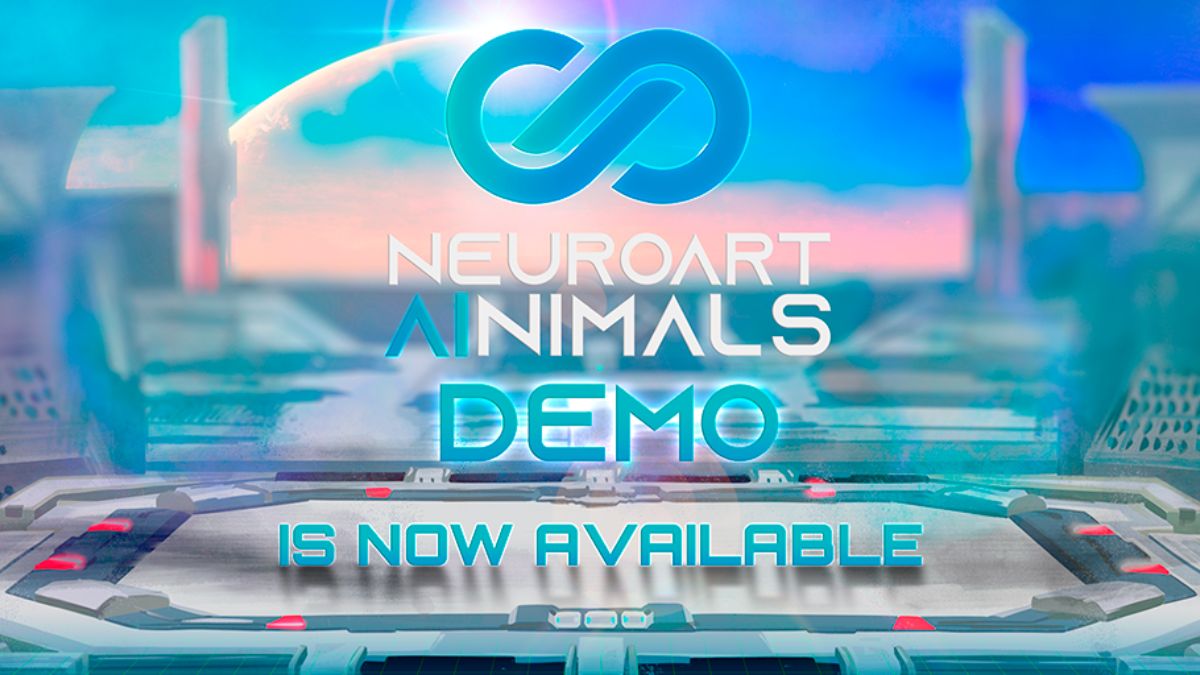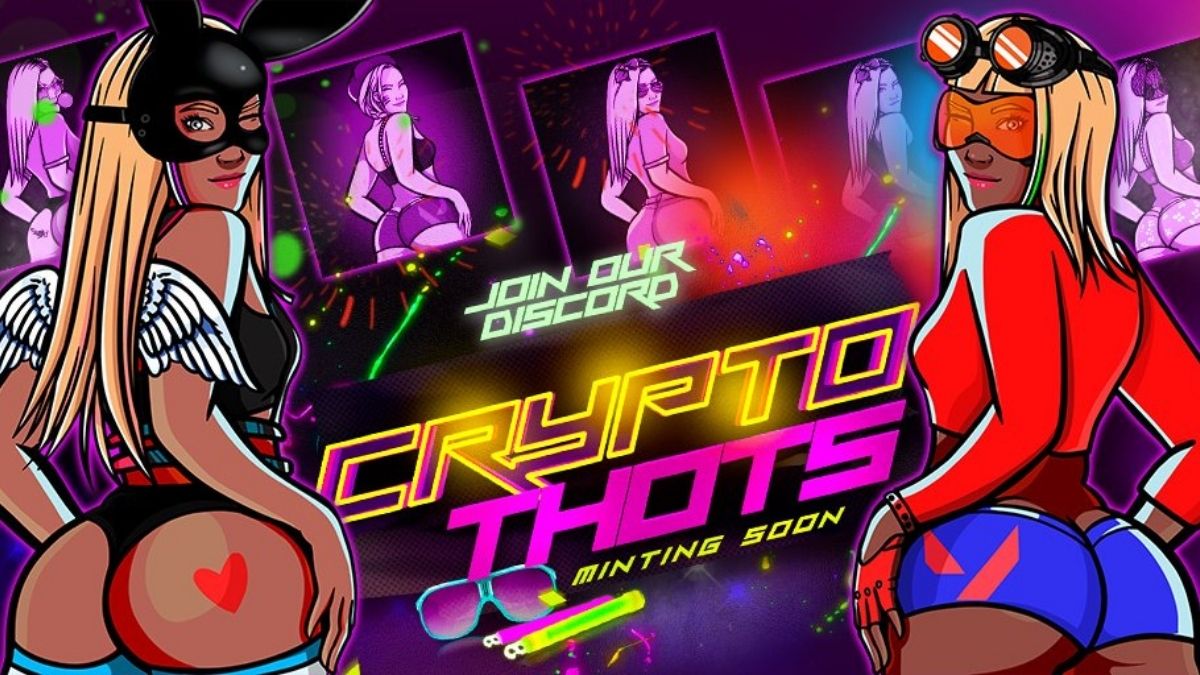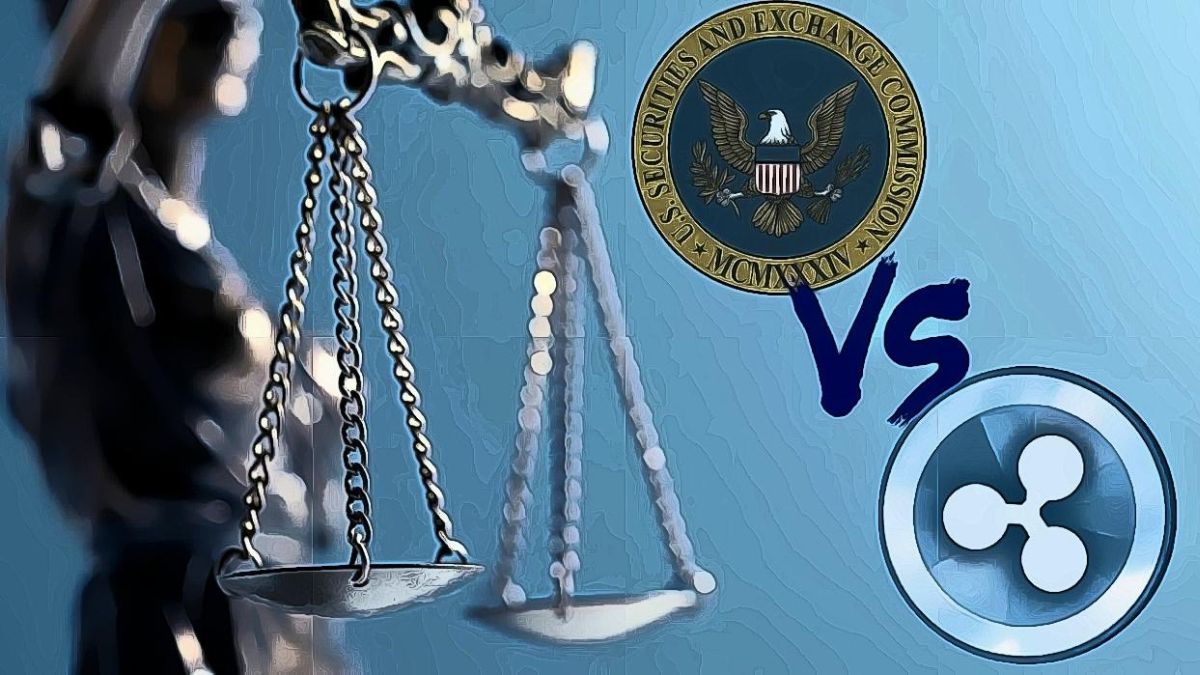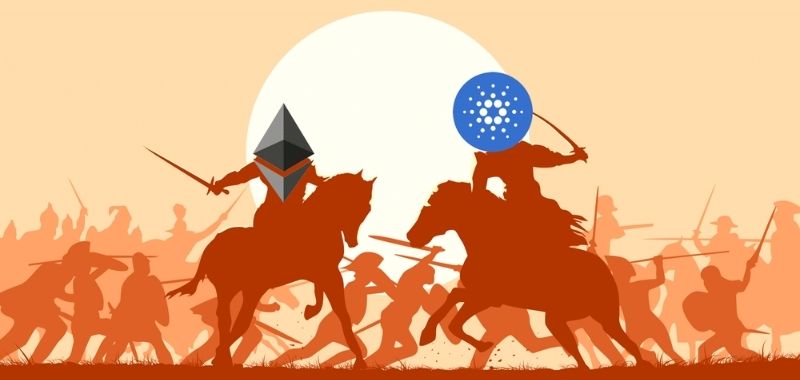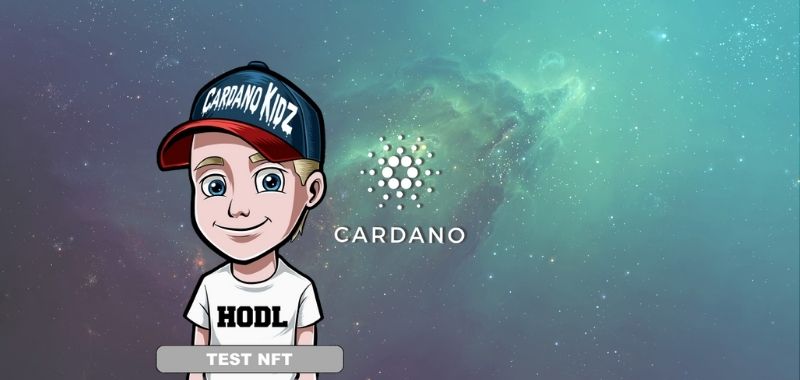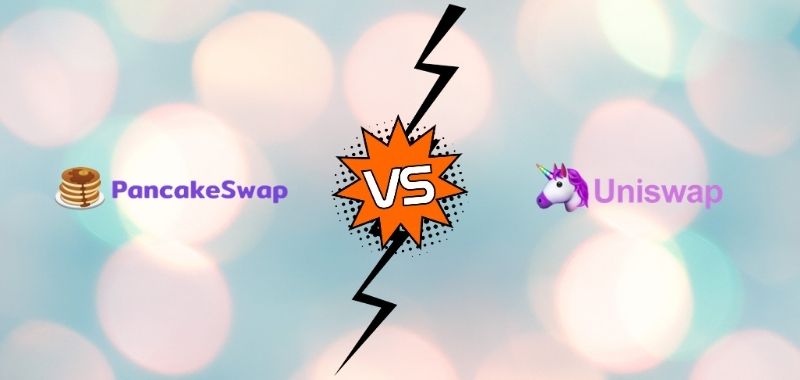NFT
Non-fungible tokens (NFTs), the most desired tokens of the moment

NFTs are entering the mainstream, it is enough to observe what is happening around the world. The areas in which art, and consequently the blockchain applied to it, is confronted are ownership, corporeality, manipulation and value. On the one hand, we have traditional ‘physical’ and ‘tangible’ art, and on the other, digital art that is expressed in ‘bits’ and code.
Traditional art is not divisible, it is subject to deterioration linked to the life cycle of the materials it is made of, it is subject to alteration and destruction. In addition, the art of verifying the work is complex, requiring specific skills and tools. Digital art, by contrast, is easily divisible, it is not exposed to the alterations of time, but depends on the artist or owner, on the will to share and keep the work available.
The ability to link the identity of the work to its creative path and to bring that story to the blockchain, allows each creative action and passing of the work to generate an NFT, which linked and chained to the previous one is able to maintain information and generate a story.
The security of the work is not entrusted to third parties, but to the historical path of individual actions, the complete representation of the work is the sum of all actions recorded on the NFT tokens that cannot be modified. With their encrypted wallet and by means of the public key (identifier) and the private key (secret) the artist validates (timestamps) the intellectual property of the work.
When the first NFT is exchanged, all movements and transactions are initiated for each sale/purchase; the chain that is created from this data represents the history of the work in terms of transactions. Whoever owns tangible work has the possibility to duplicate it or make it disappear, just as data in a server can be modified or deleted.
The possibility offered by a structure that ‘tells’ the whole story of the works with non-manipulable NFTs, consisting of a chain in which the sequence cannot be altered, conveys the whole path of the artist to achieve a unique identity of the work.
SuperRare (Authentic Digital Art Marketplace)
One of the most successful projects is SuperRare, a kind of social network for art creators and collectors based on blockchain.
SuperRare uses Ethereum’s blockchain to create digital artworks and tokenize them so that the entire history and origin of an artwork can be tracked on a distributed ledger that no one controls and that anyone can access. Once the work has been created and linked forever to an NFT, it can be bought, sold and even managed as a long-term investment.
Artists can sell their work through an auction process or fixed price, once the NFT has been sold, it can be resold at any price on other NFT trading platforms. We recently talked about several other NFT projects to be launched in 2021. To find out more, we recommend reading this article.

NFT
Turkey’s first university in Ankara held its first NFT study program

Senior officials from Turkey’s presidential administration and Culture Ministry were present at the inauguration of the course, according to a report in the Hürriyet daily.
We are happy to teach about NFT, but our students are happier than we are,” said Necdet Ünüvar, rector of the university, in a speech opening the class. The “Introduction to NFT” course is taught by Buğra Ayan.
Deputy Minister of Culture and Tourism Özgül Özkan Yavuz and Ali Taha Koç, head of the Turkish Presidency’s Digital Transformation Office, were among the guests at the course’s opening lecture.
During the accompanying ceremony, Yavuz stated:
We believe that NFT will activate artistic creativity, skills and talents among young people. The step Ankara University has taken by expanding awareness of NFT is very important.
The deputy minister added that she is eager to see the results at the end of the academic term. Likewise, she also revealed that all the NFT works produced by the participating students can be presented in a future exhibition.
In turn, Ali Taha Koç, head of the Turkish Presidency’s Digital Transformation Office,announced that his office is working on many other digital projects.
“Don’t think that NFT is only about technology. There is also a legal dimension of NFT that will make us look at how it will affect our business styles,” he emphasized.
Ali Taha Koç, head of the Turkish Presidency’s Digital Transformation Office, reported that his department is now trying to coin a Turkish term for NFT and urged course attendees to support these efforts with their own suggestions.
“Everyone should join in and add an alternative name to NFT,” he said after announcing his intention to launch a survey on social networks.
Turkey and cryptocurrencies
The Ankara University initiative comes a month after Turkish President Recep Tayyip Erdoğan instructed the country’s ruling Justice and Development Party to study developments such as cryptocurrency and metaverse.
The move followed his announcement in December that Turkey is ready with a law for cryptocurrencies. He has been changing his mind, as in September 2021 the president was talking about a “war” against cryptocurrencies.
“On the contrary, we have a separate war, a separate fight against them. We would never give support to [cryptocurrencies]. Because we will move forward with our own currency that has its own identity.”
NFT
PayPal will not cover NFT transactions exceeding US$10,000
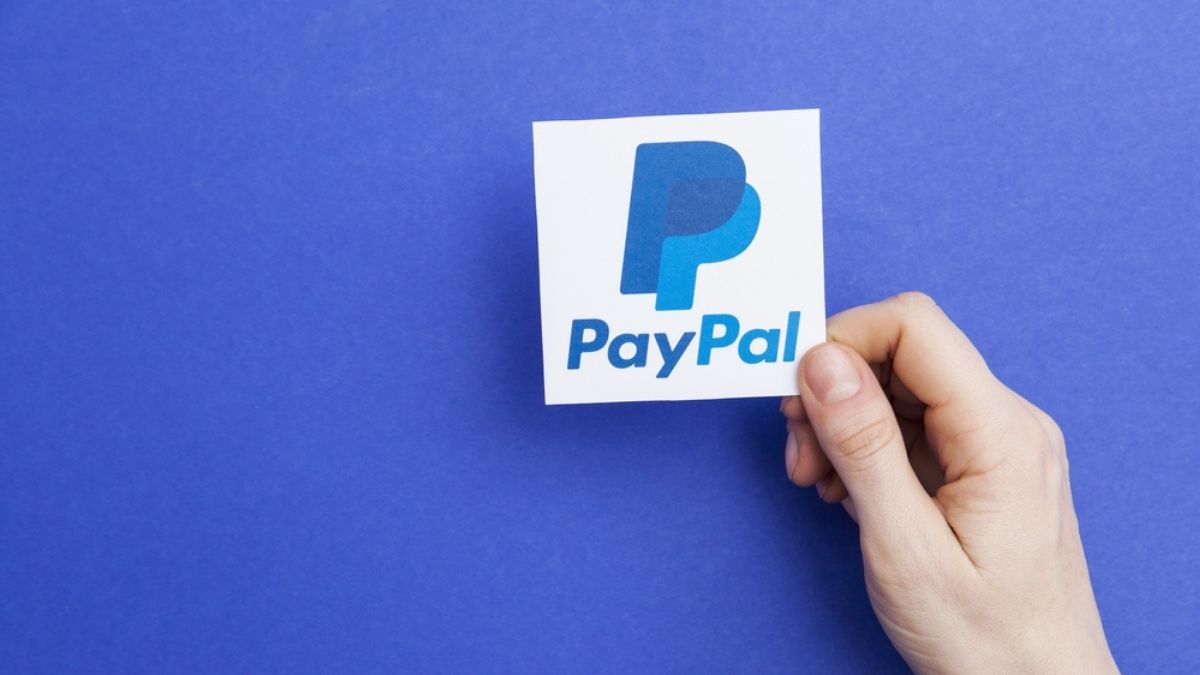
PayPal issued a policy update on February 11, stating that the company will not provide coverage for merchants involved in NFT transactions over USD $10,000.
The new measure will take effect on March 21.
PayPal’s statement said:
“Amendments to the PayPal User Agreement. Effective March 21, 2022, we are:
“Revising the PayPal Seller Protection program to expand the list of ineligible items to include certain Non-Fungible Tokens (NFTs) with a transaction amount of more than USD 10,000.”
The new policy assumes that the payments company will not provide coverage for merchants involved in NFT transactions greater than USD $10,000, a relatively low figure for the burgeoning market where a single digital collectible can be worth hundreds of thousands of dollars or even several million.
NFTs mentioned in PayPal’s protection policy
PayPal outlined the move in a separate document detailing amendments to be applied to the consumer protection program. As such, the company stated that art transactions, physical or digital, will be excluded from its protection program when the value exceeds $10,000, or the currency equivalent at the time of payment.
“Art, media, antiques or collectibles, in physical or digital form, represented by a non-fungible token (NFT), with a transaction amount of more than US$10,000 or equivalent value in local currency calculated at the time of the transaction,” the company said in a section describing ineligible items and transactions.
It should be noted that PayPal’s seller protection program is intended to provide merchants using the payment service with some protections against chargebacks and other disputes. It may apply, for example, when a buyer pays but does not receive the item negotiated. In such cases, the company may withhold charges to prevent fraud.
In addition to art and NFT, the protection policy also currently excludes transactions involving real estate, vehicles, financial products, among others.
NFT
NYSE files a metaverse trademark for trading NFTs

New York Stock Exchange (NYSE) files a trademark with Uspto that would allow it to, among other things, trade NFTs in the metaverse.
The New York Stock Exchange (NYSE) filed with the U.S. Patent and Trademark Office, Uspto, a new trademark application to register the term “NYSE” for various cryptocurrency and financial services products , including downloadable virtual goods, non-fungible tokens (NFT).
NYSE’s application, under number 97261560, expressly states that it is registering such trademark and logo among many other things as “downloadable virtual reality, augmented reality and mixed reality software; as well as to enable users to experience virtual reality and augmented reality visualization, manipulation and immersion.”
It is also registered as “downloadable software for digital, virtual and cryptocurrency wallets and storage; downloadable computer software and application programming interface (API) to enable users to access, hold, store, display, purchase, sell and trade virtual and digital assets, works of art, collectibles and non-fungible tokens,” among other functions.
The NYSE application expressly states to register such trademark and logo as “provision of an online marketplace for buyers, sellers and traders of downloadable digital assets authenticated by non-fungible tokens (NFT)” and as “Virtual currency financial exchange in the field of digital currency, virtual currency, cryptocurrency, digital tokens, cryptographic tokens, utility tokens and non-fungible tokens (NFTs)-.
The application covers all areas of cryptocurrency, but now in the metaverse.
In a Feb. 15 tweet, trademark attorney Michael Kondoudis revealed that the NYSE had filed an application on Feb. 10 and that the exchange is reaching into the metaverse, writing:
“A new application filed on the 10th says NYSE plans to trademark NYSE for NFTs, cryptocurrencies, digital collectibles and marketplaces to trade and exchange them.”
Kondoudis added:
“This filing is the latest confirmation that Metaverse is real and companies should plan accordingly. Companies no longer need to wonder if it’s going to happen. It’s just a matter of when <…> The NYSE is compensating by taking a proactive and forward-looking approach to ensure that it is the leading financial exchange in the Metaverse….”
-
Opinion2 years ago
XRP: FOX Business Senior Correspondent Says SEC Is Losing Its Lawsuit Against Ripple
-
Tutorials3 years ago
How to Earn, Farm and Stake CAKE on PancakeSwap with Trust Wallet
-
Altcoins News3 years ago
Projects with ongoing migration from Ethereum to Cardano
-
NFT3 years ago
CardanoKidz: The first NFTs arrive at Cardano
-
Tutorials3 years ago
How to set up a Bitcoin node: beginner’s guide
-
NFT3 years ago
SpaceBudz: new astronaut NFTs on Cardano
-
DeFi News3 years ago
Uniswap vs PancakeSwap: Full analysis
-
DeFi News3 years ago
Liqwid Finance the first DeFi project on Cardano: everything you need to know
